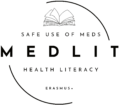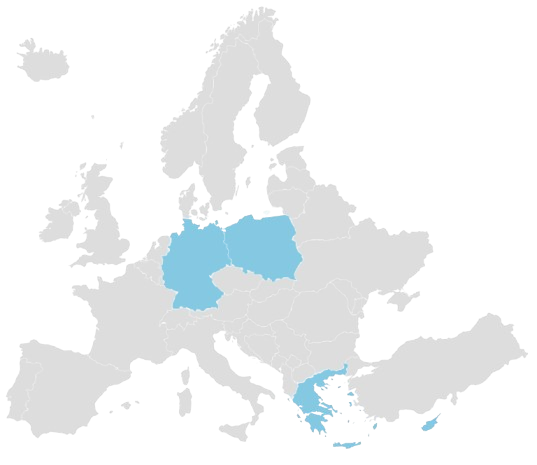
MedLit is a European project led by five partners: Vaccine Safety Initiative (Germany), Cyprus University of Technology (Cyprus), GIVMED (Greece), University of Rzeszow (Poland), and Prolepsis Institute (Greece). Learn more about each partner below.
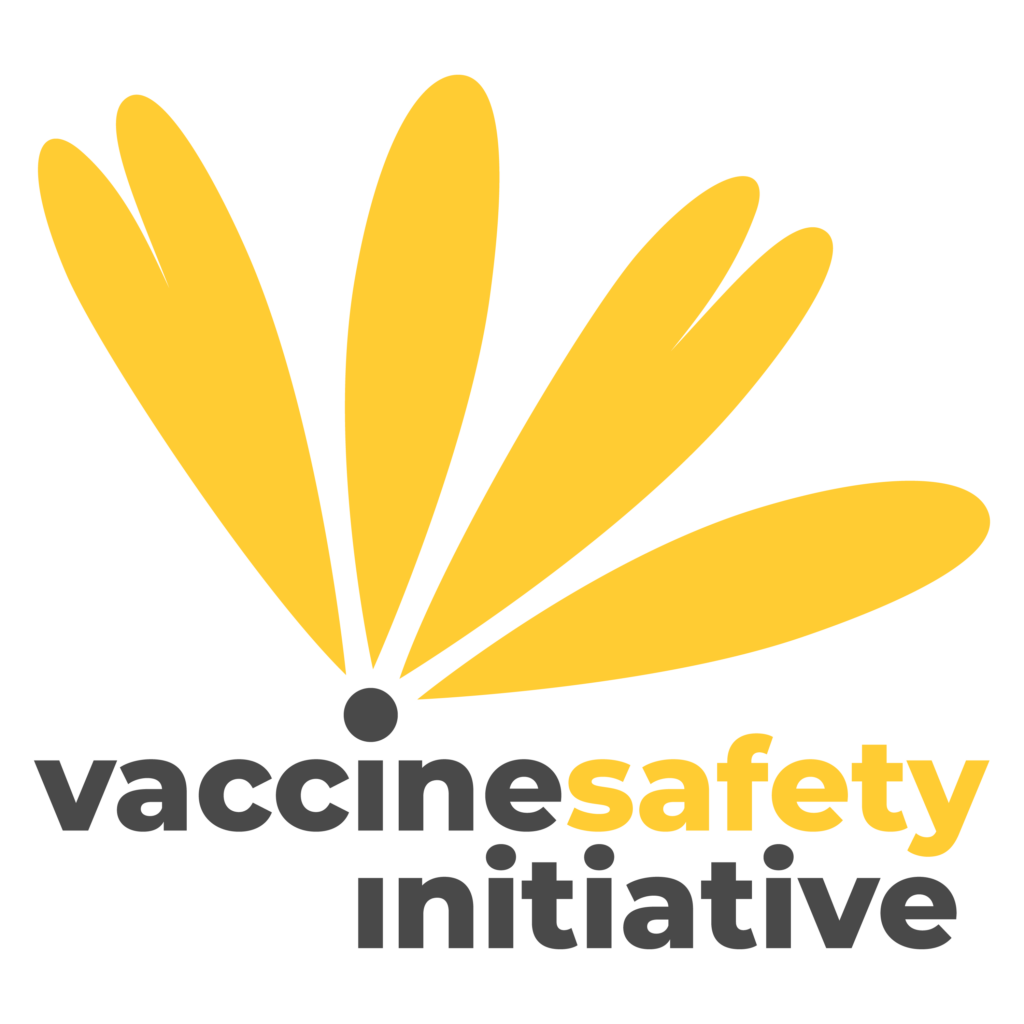
Vaccine Safety Initiative, Germany
The Vaccine Safety Initiative (VIVI) is an international scientific think tank and non-profit research organization focused on novel approaches to the treatment, monitoring, communication, and prevention of infectious diseases. Members of the VIVI Scientific Think Tank include experts in risk communication, medical anthropology, virology, global health, clinical trials, population science, bioinformatics and machine learning, data standards, health policy, bioethics, cybersecurity, civic tech and regulatory science, supported by a team of young researchers (‘Young VIVI’) from around the World.
The Vaccine Safety Initiative is a founding member of the International Association of Innovation Professionals (IAOIP), the European Forum for Good Clinical Practice (EFGCP). VIVI was nominated for the EU Health Award in 2017 and joined the ISARIC network in 2020 to help advance international research toward the prevention and control of COVID-19. VIVI is playing a key role in several EU funded projects and consortia aiming to advance health literacy, disease prevention and antibiotic stewardship in difficult to reach population groups in Europe, such as: ImmuHubs, RIVER_EU), and Immunion (supporting the EU Coalition for Vaccination). VIVI is founder of the SEKI learning platform, which will help to distribute MedLit content for adult learners and educators.
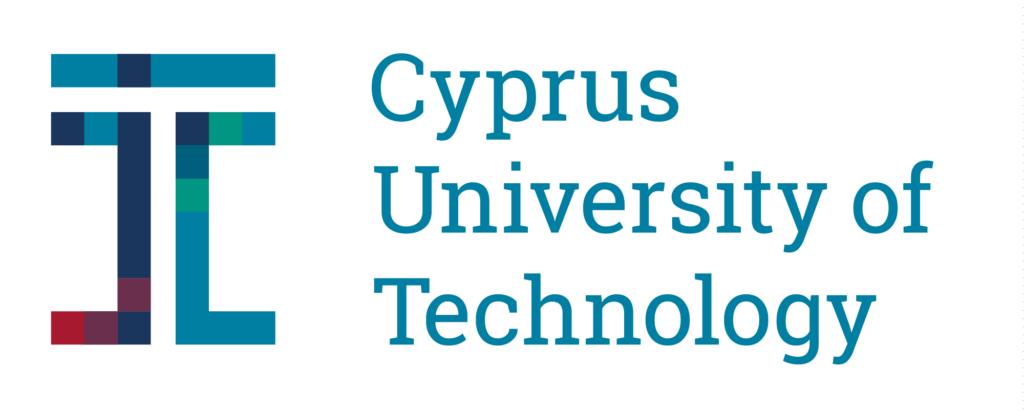
Cyprus University of Technology, Cyprus
The Cyprus University of Technology (CUT) is the second-largest and one of the leading research universities in Cyprus. It is characterized by its high academic values and emphasis on high-quality research in key fields of science and technology.
The University aims to establish itself as an international center of academic excellence by offering quality and competitive programs that reflect technological and industrial advancements and market needs. By attracting high-caliber students, it combines modern teaching with applied research, producing skilled and employable graduates. As a higher education institution, it also promotes lifelong learning for the benefit of society.
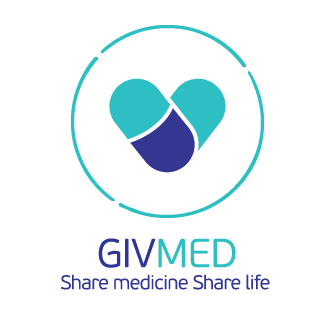
GIVMED Share Medicine Share Life, Greece
GIVMED is a technological and humanitarian organization founded in 2016 with a vision of a society where everyone has the right to health. Its mission is to ensure equitable access to medicines and healthcare products through redistribution and donations, policy advocacy, educational opportunities, and public awareness.
Having established Europe’s first digital medicine donation network, GIVMED has been featured and supported by renowned organizations such as the World Economic Forum, the United Nations, UNICEF, EEA Grants, and Greek charitable foundations. Through partnerships with 252 charitable organizations, public structures, pharmaceutical companies, and thousands of individuals, GIVMED has donated over 1,186,976 medicine boxes and healthcare products. Beyond supporting vulnerable populations, its work benefits public finances and the environment.

University of Rzeszow, Poland
The University of Rzeszow (UR) is the largest tertiary university in the Podkarpackie region, educating over 15,000 students in 70 academic fields. UR’s infrastructure and human capacity enable the development of various research and educational projects in diverse disciplines. Its modern research infrastructure includes several research centers among others Natural and Medical Center for Innovative Research.
The project will be carried out by the College of Medical Sciences whose mission reflects the essential elements of the mission of the whole UR, such as creating intellectual capital for the region and country based on highly qualified staff, a modern scientific and research base and high-quality scientific research.
UR aims to build professional relationships with the medical community of the region through involvement in various research to improve healthcare standards, through the transfer of knowledge of modern technologies, as well as through the expansion of practical specializations of teaching programs and dissemination of the scientific achievements of the College. An important element of UR’s activity is unrelenting cooperation with external stakeholders from both the social and economic environment, including enterprises, industry, central and local governments and other academic centers including foreign ones.
UR engages in bilateral cooperation with approximately 180 foreign academic institutions and 330 universities under the Erasmus+ program from Europe and beyond. Collaboration areas include student and scientist exchanges, as well as the organization of international conferences and publication of joint scientific articles.
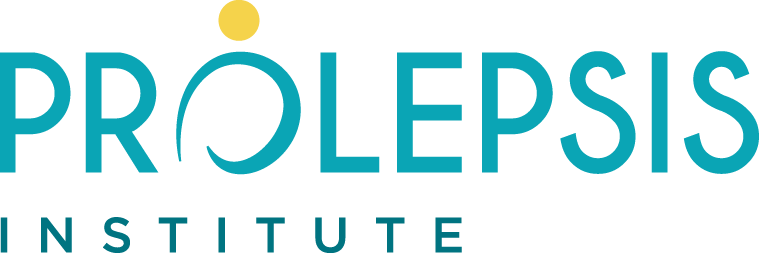
Prolepsis Institute, Greece
Prolepsis Institute, a civil non-for-profit organization, was established in 1990 in Athens. With a strong belief in health being a fundamental right, Prolepsis Institute has undertaken a leading role in the field of public health, by designing and implementing initiatives on various health issues and in different sectors (e.g. education, workplace) targeting a wide range of population groups, such as children and adolescents, women, migrants, and the elderly, and different types of occupational groups.
Moreover, the Institute encourages interdisciplinary and international co-operation, creating networks of collaboration not only in Greece but also in Europe, and the USA. As a coordinator or a partner Prolepsis has participated in approximately 70 EU co-funded and numerous national projects.
